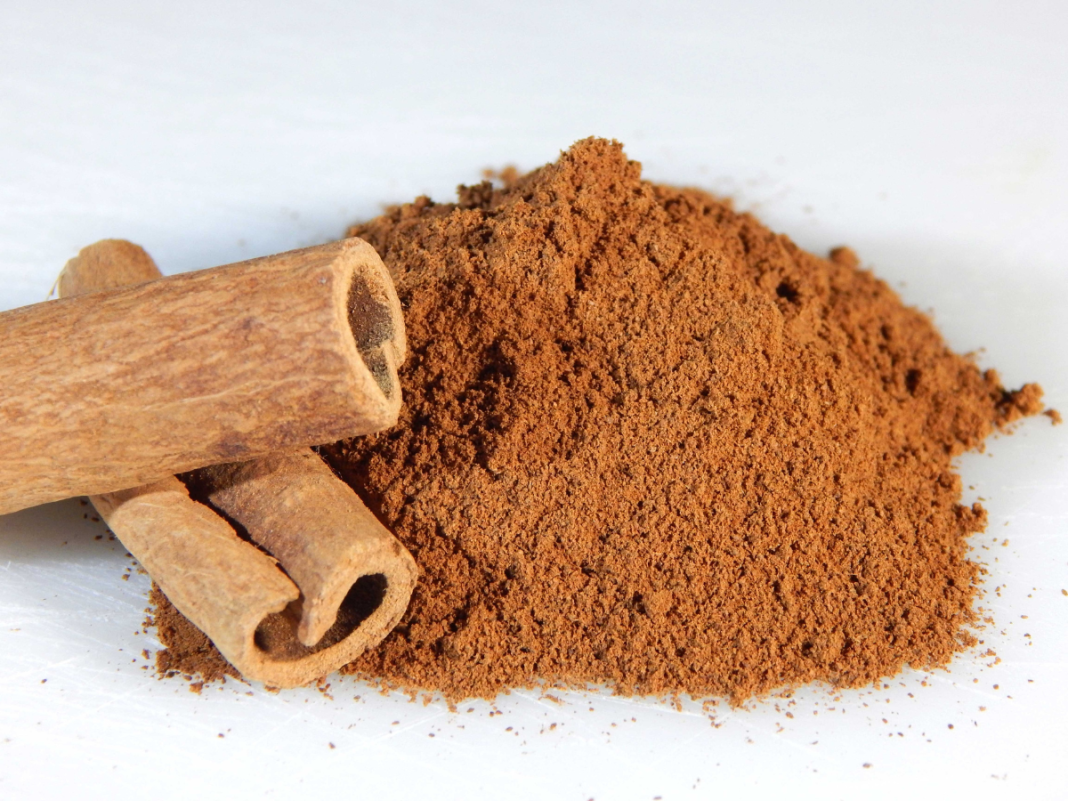How to Use Cinnamon as a Natural Fungicide on Your Indoor Plants
Fungal infections can harm your plants, but you don’t always need harsh chemicals to treat them. Cinnamon, a common kitchen spice, works as a powerful natural fungicide. It’s safe, affordable, and easy to use. In this guide, you’ll learn the benefits of cinnamon for plants and simple ways to apply it.
Benefits of Cinnamon on Plants
Cinnamon has antifungal, antibacterial, and pest-repellent properties. Here’s why it’s great for your garden:
- Kills Fungus – Cinnamon fights common plant fungi like powdery mildew and damping-off disease.
- Promotes Root Growth – Helps cuttings root faster by preventing infections.
- Repels Pests – Ants, gnats, and other insects dislike cinnamon.
- Safe & Non-Toxic – Unlike chemical fungicides, cinnamon won’t harm plants, pets, or people.
- Cost-Effective – A small amount goes a long way, saving money on store-bought treatments.
How to Use Cinnamon as a Fungicide
1. Cinnamon Powder for Soil & Seedlings
Fungal infections often start in the soil. To protect your plants:
- Sprinkle cinnamon powder directly on the soil around plants.
- Dust seeds or cuttings before planting to prevent rot.
2. Cinnamon Spray for Leaves & Stems
If your plants have white or gray fungal spots, try this spray:
- Mix 1 tablespoon of cinnamon powder in 1 cup of warm water.
- Let it sit overnight, then strain.
- Pour into a spray bottle and mist affected leaves every few days.
3. Cinnamon for Root Rot
Overwatered plants can develop root rot. To save them:
- Remove the plant from the soil and trim rotten roots.
- Dust cinnamon powder on the healthy roots before repotting.
4. Cinnamon for Houseplants & Seedlings
Prevent mold in indoor plants by:
- Adding cinnamon to the topsoil to stop fungus gnats.
- Dipping cuttings in cinnamon before planting to boost root growth.
Final Tips
- Use pure cinnamon powder, not flavored or sweetened varieties.
- Reapply after heavy rain or watering.
- Combine with neem oil for stronger pest and fungus control.
Conclusion
Cinnamon is a natural, safe way to protect plants from fungus and pests. Whether you sprinkle it on soil, make a spray, or treat roots, this spice keeps your garden healthy without chemicals. Try it today and see the difference!
FAQ’s
Yes, cinnamon can help deter and kill fungus gnats in plants. It has natural antifungal and antimicrobial properties that disrupt the gnat larvae’s food source (fungus in the soil), making the environment less hospitable for them.
Cinnamon works in two ways:
Antifungal Action – It kills the fungus in the soil that gnat larvae feed on, starving them.
Repellent Effect – The strong scent of cinnamon can deter adult gnats from laying eggs in the soil.
It may take a few days to a week to see results, as cinnamon works by disrupting the gnat life cycle rather than instantly killing adults. For best results, combine it with other methods like sticky traps for adult gnats.
While cinnamon targets harmful fungi, it may also affect some beneficial microbes. Use it moderately to minimize disruption to soil health.

